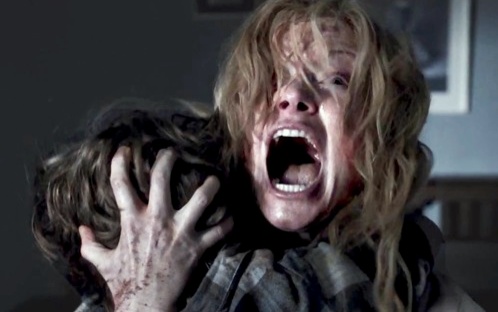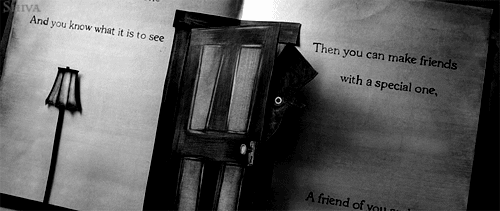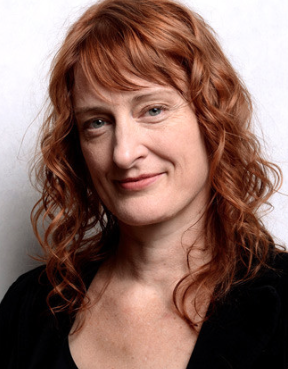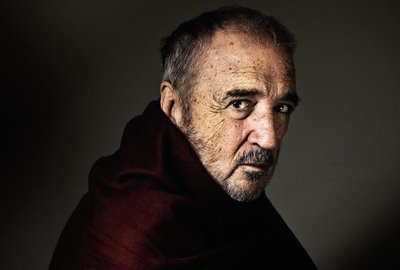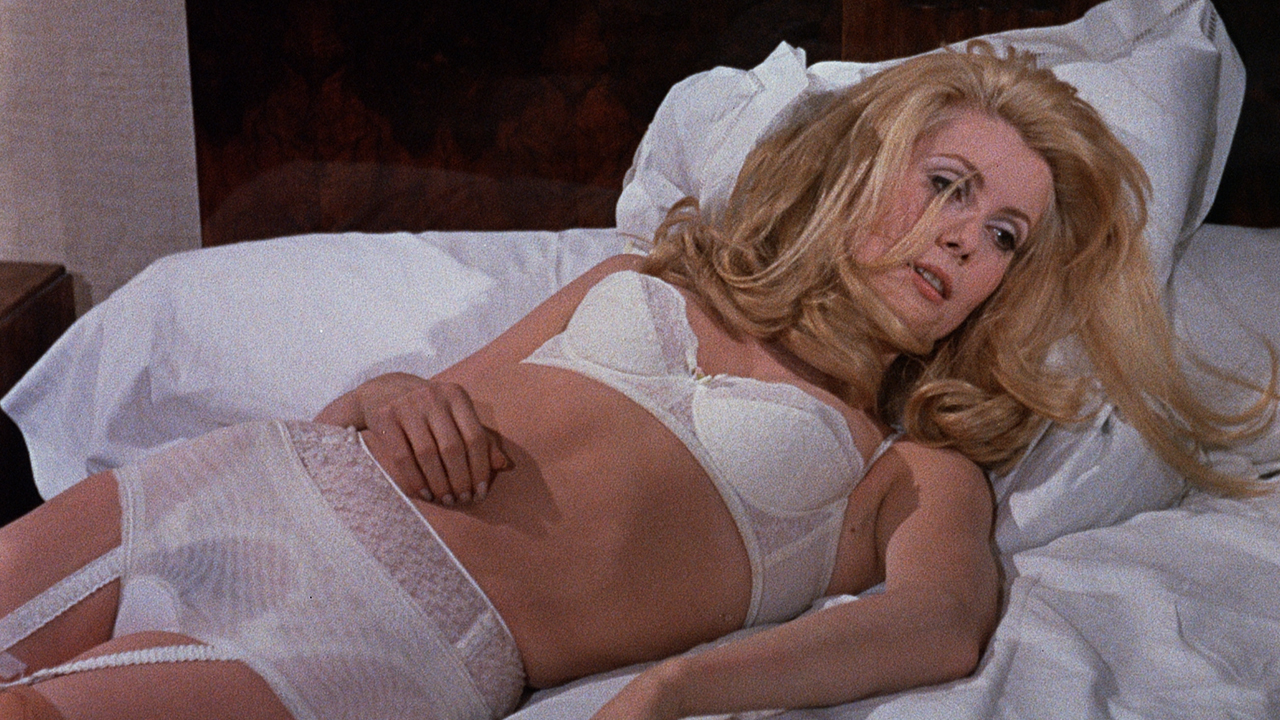Best Picture Predictions: Selma & Budapest on the Rise...
 Friday, December 12, 2014 at 8:02PM
Friday, December 12, 2014 at 8:02PM At this juncture in each film year, each week (hell, each day) brings another level of absurdity to the notion that anything is sure when it comes to Oscar. The awards table is constantly being shaken up and as soon as the pieces settle they're jostled again. All that and we're still almost three weeks away from actual Academy balloting for nominations.
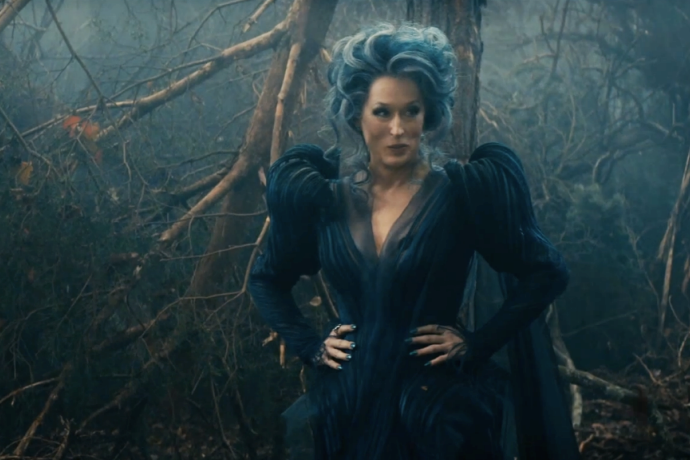 you wish to have the curse reversed? get your screeners out first!
you wish to have the curse reversed? get your screeners out first!
The tidal wave of awardage in early December reminds us once again that late December releases IF they are also late to screen can struggle. Still Alice and Cake, counter-examples, may be hiding from the public [ahem -grrr] but they premiered / screened regularly and early for the industry starting in September so their late arrivals haven't been a problem. Interstellar and Selma (both from Paramount) and A Most Violent Year (from A24) performed inconsistently without the benefit of awards screeners. Other late-to-screen releases (none of which have opened yet) including American Sniper, Into the Woods, Unbroken, and Big Eyes got screeners out but not in time for the SAG Nominating committee (from my understanding). Only Streep scored with a SAG nomination from those films.
And, let's face it, Into the Woods didn't even have to screen. Many many people in the world are willing to buy Meryl Streep on principal as Best even if they haven't yet seen whatever new character she's selling. (I wasn't joking when discussing her awards prospects on twitter when I said that only about once every 20 years do awards bodies en masse just decide to ignore her entirely in a given film year and we're not due for another one of those Brigadoon-like mystical occurences until 2024/2025. (If you're curious the last two times were Falling in Love in the 80s and Prime in the 00s)
Despite all the heat a Globe or SAG nomination or an LA / New York critics win can bring a film it's infinitely worth noting that Oscar balloting doesn't even begin until after Christmas so there are still important weeks ahead for all of these movies. In the end buzz only increases your likelihood that Academy members will watch your film. It doesn't necessarily mean that they'll like your film and vote for it. If you trust the precursors Whiplash isn't a threat for anything outside of Supporting Actor gold but I'm still willing to bet big on it in my predictions. At every industry event I've attended I've heard people speak of it with the kind of excitement that you can't buy with expensive PR pushes because the excitement is organic and personal taste driven. I'm not a huge fan of the film (though it has its moments and Damien Chazelle obviously has a big career ahead) but I hear actual love and not just respectful admiration when people talk about it and that is at least as good as, say, a Globe Best Picture Comedy or Musical nomination for Oscar heat, you know?

Best Picture is still something of a mystery, since we don't know how many nominees we will get or which of the 15 or so movies still in the running will be selected. We've had four completely consistent performers in the precursors that have already faced and won over both audiences and critics so you can lock them up: Birdman, Boyhood, The Imitation Game, The Theory of Everything. But beyond that? Anyone's guess.
The Globe love-in for Selma and that totally deserved but still a wee bit surprising SAG Cast nomination for Grand Budapest Hotel are arguably the 2 biggest deal awards occurrences this week. If AMPAS voters haven't yet decided to screen either of those films, you can be sure they're going to.
More questions: Can Foxcatcher, Gone Girl, or Interstellar reheat cooling buzz? Can Unbroken, Into the Woods, American Sniper, and A Most Violent Year rally their fan bases in the next two to three weeks? (Successful opening weekends definitely won't hurt if they can muster them.)
What other questions are you asking about the best picture race?
SEE UPDATED OSCAR CHARTS:
PICTURE | DIRECTOR | SCREENPLAYS



